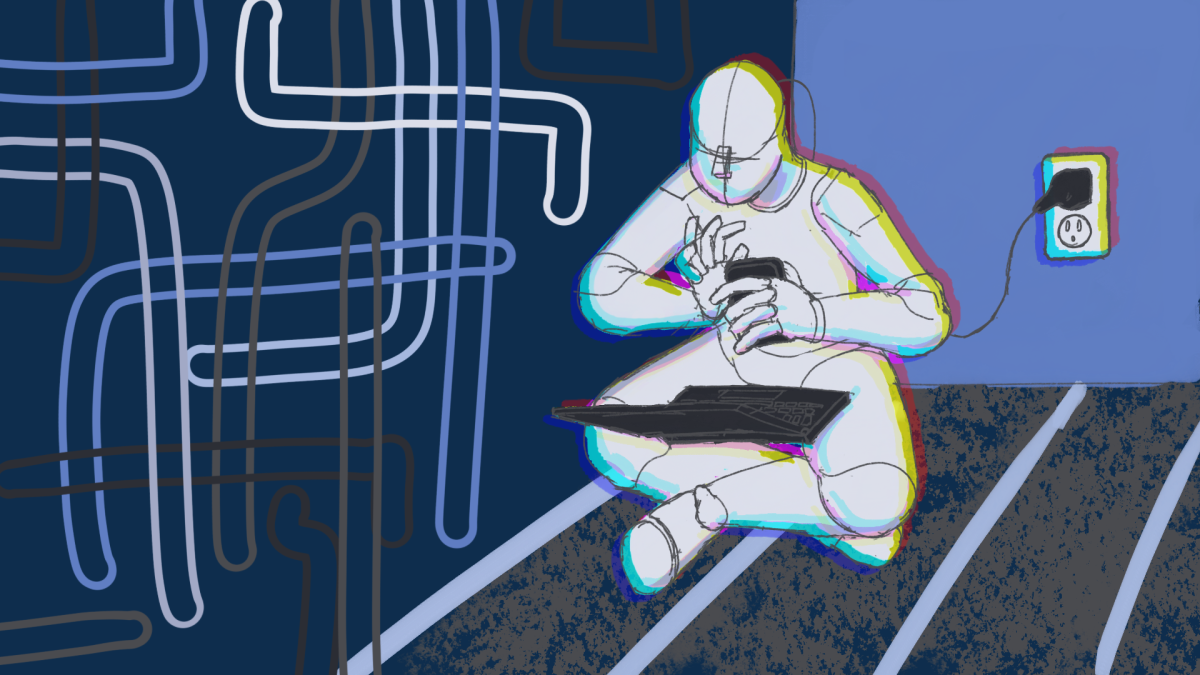We are all likely familiar with the dynamics of social comparison contests. They most frequently exist in the form of assessing ourselves in relation to others in the areas of life such as appearance, wealth, education level or social status.
These types of comparisons most often focus on whose life situation is perceived as of greater desirability. Despite the commonality of this dynamic, most people also experience a darker form of this comparison paradigm. This form is one where we compare our suffering and pain to the suffering and pain of others.
For example, how often have you been telling another person what you are currently undergoing or have overcome, only to have that person chip in and attempt to match your trials with ones of his or her own? This chiming in often comes under the guise of being a method of empathizing in a positive manner. Often, at least one of the parties involved in the discussion leaves wondering, “Whose personal worst is the worst?”
Like most forms of comparisons, people engage in this behavior because they perceive the ability to receive something of value. This dynamic promises to reward us with a consolation prize of pride in the knowledge that our trials and sufferings in the trenches of life are surely worse than the ones of those next to us. Therefore, we think we must have a certain level of uncommon toughness or resiliency. From this, we derive a greater sense of self-worth and value.
A multitude of dangers accompany this dynamic. When these comparisons occur, they always come at the expense of at least one party involved. Research has revealed that patterns such as these hold potential for debilitating the way people perceive themselves and their possible need to seek counseling or mental health aid.
In 2012, the Journal of Behavioral Decision Making printed a research article titled, “Am I abnormal? Relative rank and social norm effects in judgments of anxiety and depression symptom severity.” The paper states, “Under detection of depression and anxiety in primary care are common and may partly reflect … how people’s judgments about the severity of their own symptoms are influenced by their beliefs about the distribution of symptoms experienced by the rest of the population.”
This reveals how susceptible people who experience these comparisons of trials may opt out of seeking necessary help, as they observe their pain comparatively as less serious than it truly remains.
Additionally, some people, in lieu of trying to win these suffering assessment battles, often use them as a way of seeking a sense of positive perspective. Unfortunately, this often creates cases for people to belittle their own emotional anxieties and hardships. When this is done, a person may view personal problems as inconsequential, when in fact they are not.
The answer to the question of whose worst is the worse is one that rejects the question itself. In a world where all experience suffering and pain on some level, we do no one any benefit by belittling what they undergo because it seems to pale in comparison to something much sadder. There exists no sound or absolute metric to compare emotional pain, suffering or difficulties to one another.
There will always seem to be those people who currently do or have had it worse than us. However, that doesn’t negate the legitimacy of each person’s reality and how they feel in response. One’s feelings are not invalid simply due to the existence of another’s pain.
Yet, this is the assumption on which we unconsciously operate when we go about comparing these things. Though perspective in a world as vast as our own remains of obvious importance, that perspective does not necessitate negating the realness of each of our narratives and experiences. Rather than continuing to compare our struggles to others’ situations, we ought to strive to respond to our own lives with lenses of honesty and humility. When we achieve this, we free ourselves not only to step outside a harmful paradigm but also to achieve a greater perspective than we could ever hope to find within this paradigm.





